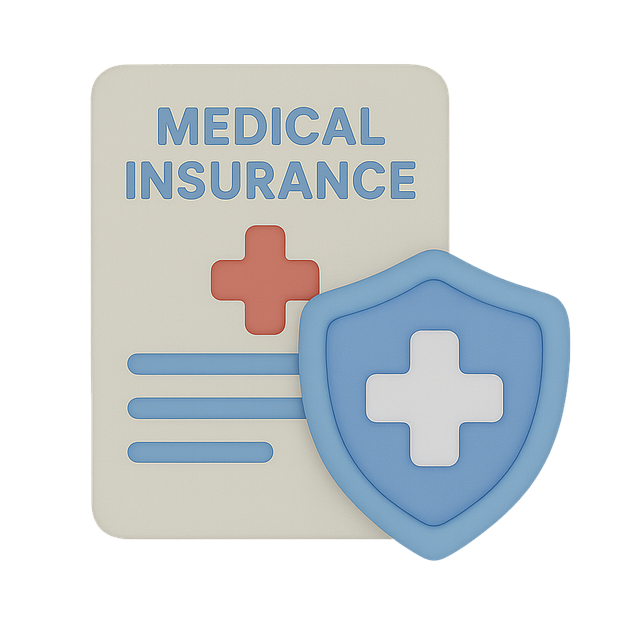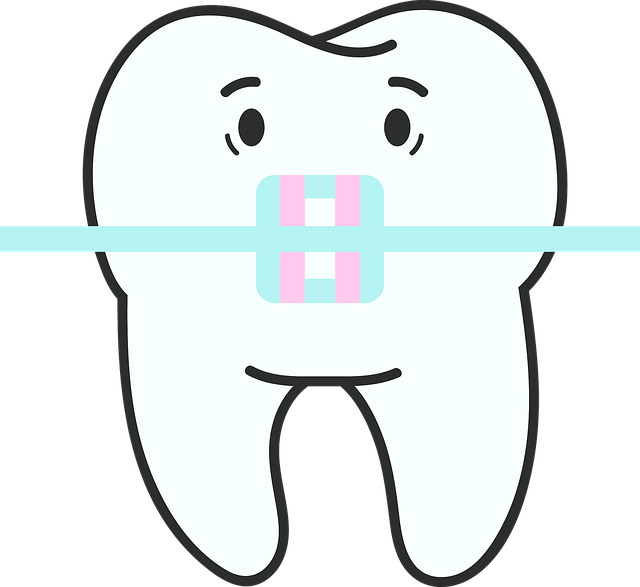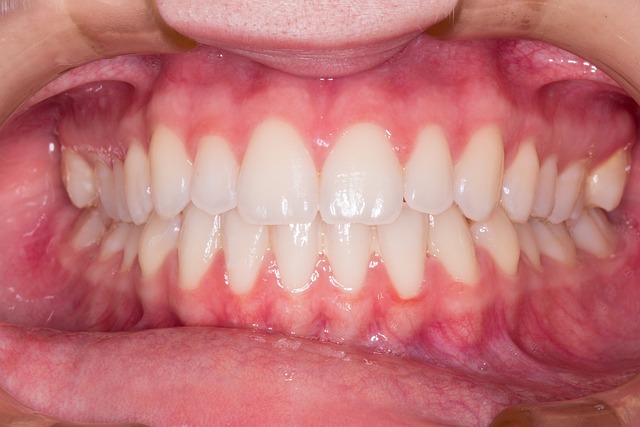Dental clinics require comprehensive liability insurance to mitigate risks and protect against financial loss from medical malpractice, employee misconduct, and property damage. Key considerations include understanding specific practice risks, selecting adequate coverage limits, evaluating insurer reputation, and knowing policy exclusions. A robust risk management plan involving thorough assessments, protocol implementation, staff training, and regulatory compliance further enhances protection against potential liability claims.
In the dynamic landscape of healthcare, dental clinics face unique challenges in managing patient safety and mitigating risks. Understanding dental clinic liability risks is paramount for ensuring sustainable practice. This comprehensive guide delves into the critical aspects of liability and property insurance for dentists. From identifying potential hazards to selecting suitable coverage, we explore essential components such as general liability, professional liability, and property protection. By the end, practitioners will be equipped to build a robust risk management plan, ensuring peace of mind and business continuity.
- Understanding Dental Clinic Liability Risks
- Types of Liability Insurance for Dentists
- Property Insurance Coverage for Dental Practices
- Key Considerations when Choosing an Insurance Policy
- Common Exclusions and Limitations to Be Aware Of
- Building a Comprehensive Risk Management Plan
Understanding Dental Clinic Liability Risks

Dental clinics, despite their seemingly sterile and controlled environment, face a multitude of potential risks that can lead to significant liability claims. From medical malpractice suits for errors in treatment to slip-and-fall incidents on the clinic premises, dentists must navigate a complex web of legal exposures. Liability insurance for dentists is not just an added expense but a crucial shield against these unforeseen events.
One of the primary areas of concern is patient safety and care. Mistakes in dental procedures, such as incorrect diagnoses, improper treatments, or adverse reactions to anaesthetics, can result in lawsuits seeking compensation for pain, suffering, and medical bills. Additionally, dental clinics are vulnerable to claims related to employee conduct, including allegations of harassment, discrimination, or even criminal activity. Furthermore, property damage or injuries sustained on the clinic’s premises, whether from equipment malfunctions, inadequate security measures, or slip-and-fall accidents, can lead to substantial financial burdens and reputational damage.
Types of Liability Insurance for Dentists

Dental clinics operate in a complex environment where various risks and liabilities can arise, making liability insurance for dentists an indispensable component of their business strategy. There are several types of liability insurance designed to protect dental professionals from potential claims. One of the most common is professional liability insurance, also known as malpractice insurance. This coverage protects dentists against financial loss resulting from errors or omissions in treatment that lead to patient harm.
General liability insurance is another crucial component for dental clinics. It provides protection against a broader range of claims, including those related to property damage, personal injury, and products liability. For example, if a patient slips and falls in the clinic due to an unsafe condition, general liability insurance can help cover legal fees and any damages awarded. Understanding the specific risks associated with their practice and choosing the appropriate liability insurance coverage is essential for dentists to safeguard their assets and ensure the financial security of their practice.
Property Insurance Coverage for Dental Practices

Dental clinics, much like any other business, require comprehensive property insurance coverage to protect their assets and operations. This includes protection against physical damage or loss to the building, equipment, and inventory. Liability insurance for dentists is also a crucial component, as it shields them from potential claims related to patient injuries or medical malpractice.
When considering property insurance, dental practices should look for policies that include coverage for business interruption, which can help maintain revenue streams during times of adversity. Additionally, specialized dental equipment and technology necessitate specific coverage to ensure their replacement or repair in case of damage or theft. Ensuring the right balance between general property coverage and tailored liability insurance for dentists is vital to safeguard against financial risks and operational disruptions.
Key Considerations when Choosing an Insurance Policy

When selecting a liability and property insurance policy for your dental clinic, several key factors come into play. First and foremost, consider the specific needs and risks associated with your practice. This includes evaluating potential hazards in your clinic’s environment, such as equipment malfunctions or slip-and-fall accidents, which can lead to costly lawsuits. Different types of liability insurance cover different risks, so it’s crucial to choose a policy that aligns with your unique circumstances.
Additionally, review the financial protection offered by each insurance plan. Look into the limits and deductibles for both property damage and professional liability coverage. Ensure these figures are adequate to fully protect your dental clinic and its staff in case of unforeseen events or legal disputes. It’s also wise to consider the reputation and stability of potential insurers, as well as their customer service track record, to guarantee a smooth claims process if needed.
Common Exclusions and Limitations to Be Aware Of

When considering liability insurance for dentists, it’s crucial to understand that most policies come with certain exclusions and limitations. These can vary widely between providers, but some common areas to watch out for include professional negligence, which covers errors or omissions in treatment that result in patient harm. However, many policies exclude intentional acts or willful neglect. Another exclusion is employer’s liability, which typically doesn’t cover injuries to employees, as these are generally covered by workers’ compensation insurance.
Additionally, damage to property, such as equipment or facilities, is usually not included in basic liability insurance for dentists. This includes cases of fire, theft, or vandalism. While business interruption coverage may be available, it often requires separate underwriting. Always review the policy’s fine print and consult with an insurance broker or agent to ensure you understand what’s covered and what isn’t, especially in areas like malpractice, property damage, and business continuity.
Building a Comprehensive Risk Management Plan

Creating a robust risk management plan is paramount for dental clinics aiming to mitigate potential liabilities and ensure smooth operations. The first step involves identifying all risks associated with the clinic’s activities, from patient safety during procedures to staff mishandling of sensitive information. A comprehensive assessment should consider various scenarios, including malpractice suits, property damage, and data breaches.
Once identified, these risks can be effectively managed through a combination of strategies. This includes implementing strict protocols for sterilization and infection control, conducting regular staff training on patient privacy and security measures, and acquiring adequate liability insurance for dentists. Additionally, keeping detailed records and staying updated with industry regulations are vital steps in building a robust defense against potential claims.
